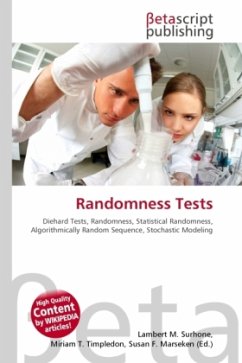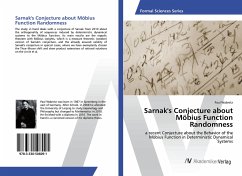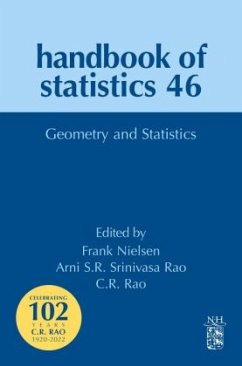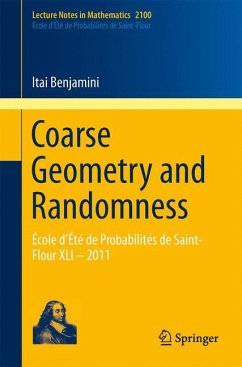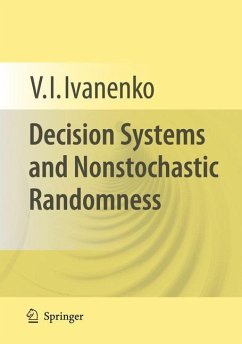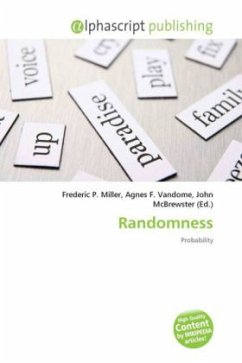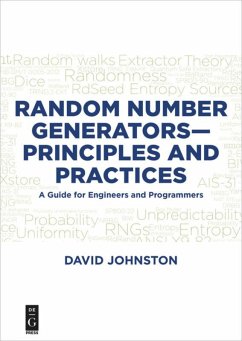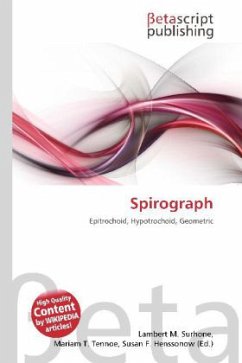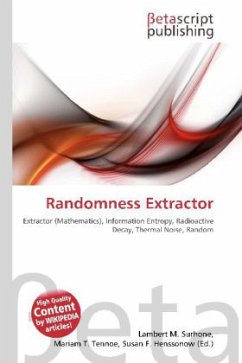
Randomness Extractor
Versandkostenfrei!
Versandfertig in 6-10 Tagen
23,99 €
inkl. MwSt.

PAYBACK Punkte
12 °P sammeln!
Please note that the content of this book primarily consists of articles available from Wikipedia or other free sources online. A randomness extractor, often simply called "an extractor," is a function which, when applied to a high-entropy source (such as radioactive decay, or thermal noise), generates a random output that is shorter, yet uniformly distributed. In other words, outputting a completely random sample from a semi-random input.The goal of this process is to generate a truly random output stream, which could then be considered as being a true random number generator (TRNG).A randomn...
Please note that the content of this book primarily consists of articles available from Wikipedia or other free sources online. A randomness extractor, often simply called "an extractor," is a function which, when applied to a high-entropy source (such as radioactive decay, or thermal noise), generates a random output that is shorter, yet uniformly distributed. In other words, outputting a completely random sample from a semi-random input.The goal of this process is to generate a truly random output stream, which could then be considered as being a true random number generator (TRNG).A randomness extractor is an algorithm that converts a weakly random source and a truly random seed into a uniform distribution of random numbers. The weakly random source is usually longer than the output, and the truly random seed is short compared to the two. The only restriction for successful application of the extractor is that the high-entropy source is nondeterministic, in other words, there is no way in which the source can be fully controlled, calculated or predicted. An extractor is a certain kind of pseudorandom generator construction.



